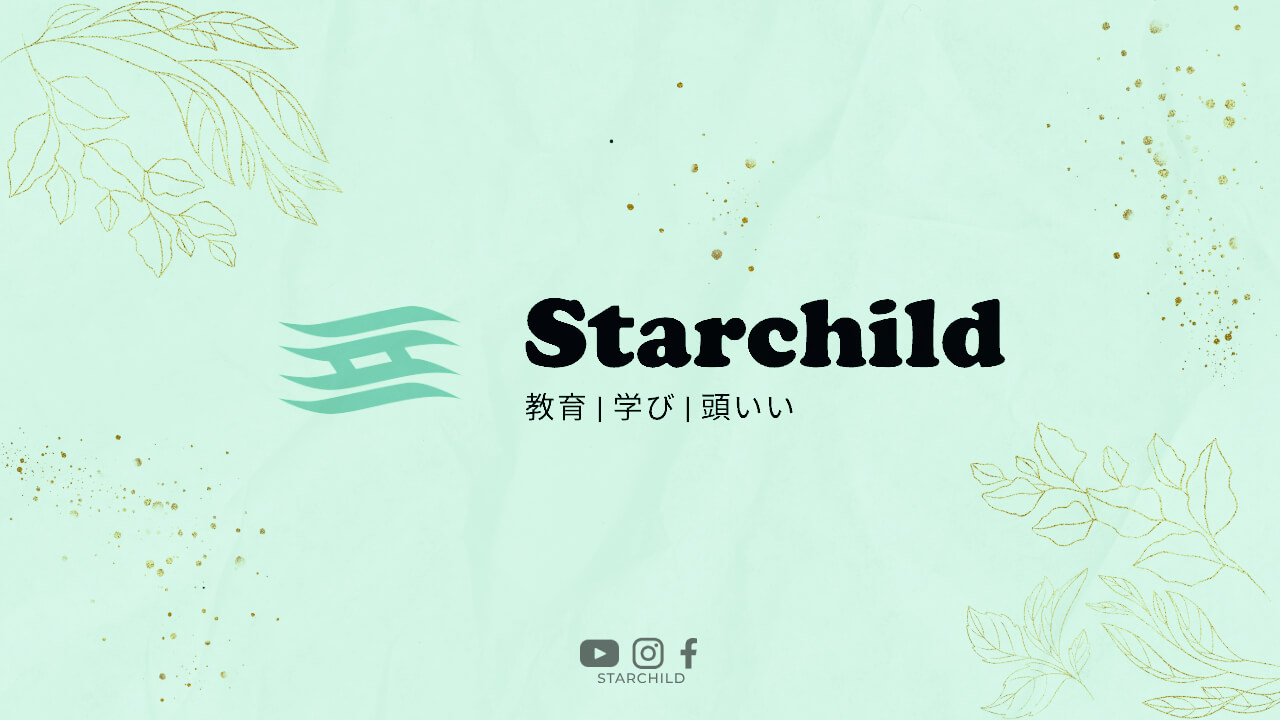Introduction
The Japanese education system is known for its high quality and strict standards. However, for students with hearing disabilities, traditional schools may not be able to provide the same level of support and understanding. This is where “ろう学校” (Rou Gakkou), or schools for the deaf, come in. In this article, we will explore what these schools are, how they function, and their importance in the Japanese education system.
What are Rou Gakkou?
Rou Gakkou are specialized schools that cater to the needs of students with hearing disabilities. These schools provide a safe and inclusive environment for students to learn and grow, while also addressing their unique communication needs. Rou Gakkou offer a curriculum that is specifically designed to meet the requirements of deaf and hard-of-hearing students, and they employ teachers who are fluent in sign language.
The History of Rou Gakkou
The first Rou Gakkou in Japan was established in Kyoto in 1878 by a group of Christian missionaries. At the time, there were very few educational opportunities for the deaf community, and the missionaries recognized the importance of providing education to this marginalized group. Over time, more Rou Gakkou were established throughout Japan, and today there are over 50 schools across the country.
How do Rou Gakkou Function?
Rou Gakkou follow the same basic structure as traditional schools, with classes held during regular school hours and students attending on a daily basis. However, there are some key differences in the way that Rou Gakkou operate. For example, most classes are conducted in sign language, and teachers are trained to communicate effectively with students who have hearing disabilities. Additionally, Rou Gakkou may use special equipment, such as visual aids or hearing aids, to assist students in their learning.
What is Taught at Rou Gakkou?
The curriculum at Rou Gakkou is designed to provide students with a well-rounded education, while also addressing their unique communication needs. In addition to traditional subjects like math, science, and social studies, Rou Gakkou may offer classes in sign language, lip reading, and other communication skills. Students may also participate in extracurricular activities like sports, music, and art.
The Importance of Rou Gakkou
Rou Gakkou play a vital role in the Japanese education system, providing educational opportunities to a group of students who may otherwise be overlooked. These schools offer a safe and inclusive environment where students can learn and grow, and they help to promote understanding and acceptance of the deaf community. Additionally, Rou Gakkou provide specialized training to teachers, which can help to improve the overall quality of education in Japan.
Challenges Facing Rou Gakkou
Despite their importance, Rou Gakkou face a number of challenges. One of the biggest issues is funding; because these schools are specialized, they may require more resources than traditional schools. Additionally, there is a shortage of qualified teachers who are fluent in sign language, which can make it difficult to provide high-quality education. Finally, there is still a great deal of stigma surrounding hearing disabilities in Japan, which can make it difficult for students to feel accepted and included.
Conclusion
Rou Gakkou are an essential part of the Japanese education system, providing educational opportunities to a group of students who may otherwise be overlooked. These schools offer a safe and inclusive environment where students can learn and grow, and they help to promote understanding and acceptance of the deaf community. While Rou Gakkou face a number of challenges, they are an important resource for students with hearing disabilities, and they play a vital role in promoting equality and inclusion in Japan.




